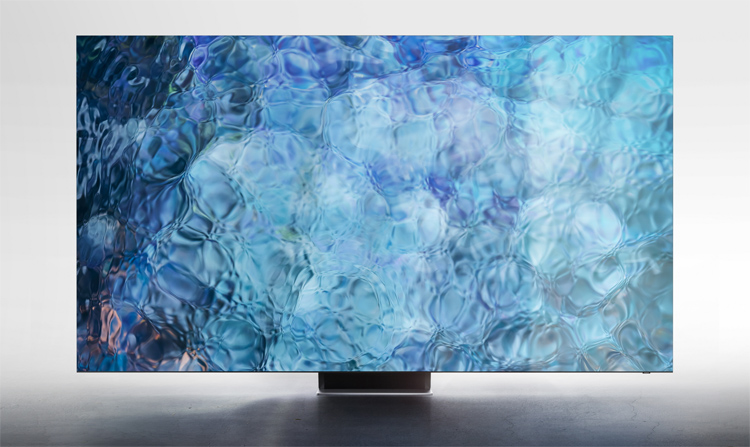
The AV1 codec adoption is low, but earlier this month, Netflix gave it a boost by bringing AV1 content to TVs and PS4 Pro, which suggests it could be the prevalent video codec in the coming years as the consumption demand for high-resolution video content rises further.
What is the AV1 codec?
AV1 is the new-generation video codec developed by the Alliance for Open Media (AOMedia). The alliance includes companies like Amazon, Apple, Google, Intel, AMD, ARM, Nvidia, Mozilla, Netflix and even Samsung. The AV1 has been developed as a successor to Google-made VP9 and is an open and royalty-free option against HEVC and H.264.
The advantage of AV1 to an end-user is that you can enjoy a compressed but better-looking picture at an efficient bandwidth consumption. The jury is still out if it’s better than HEVC but as it matures, we might see discernible improvements.
Compatible Samsung TVs
Samsung has been adding AV1 support to its televisions, and currently, around 35 models launched in 2020 and 2021 support the open-source codec.
| TV Series | Models |
| Neo QLED 8K | QN900A, QN800A, QN700A |
| QLED 8K | Q950T, Q900T, Q800T, Q700T |
| Neo QLED 4K | QN95A, QN91A, QN90A, QN85A |
| QLED 4K | Q80A, Q70A, Q60A, Q95T, Q90T, Q80T, Q70T, Q60T |
| Crystal UHD | AU9000, AU8000, AU7100, TU8500, TU8300, TU8000, TU7100, TU7000 |
| The Serif | LS01T |
| The Frame | LS03A, LS03T |
| The Sero | LS05T |
| The Terrace | LST7 |
By, “support” do you mean hardware accelerated support? i.e: it was manufactured to support AV1 to begin with?
Because technically any app on *any* device can “support” AV1 using software decode.
Also, please provide some sources for your data, thankyou!